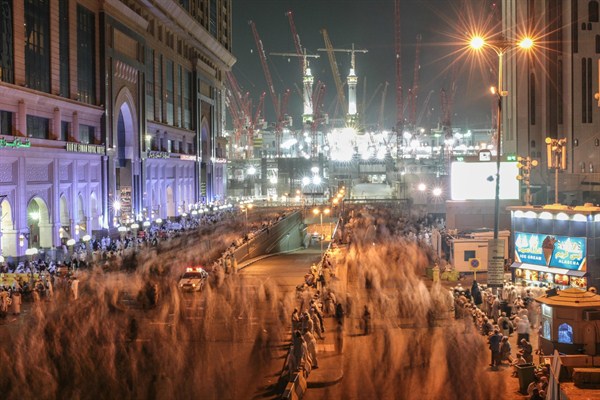RIYADH, Saudi Arabia—Since ascending to the Saudi throne in January 2015, King Salman has launched a range of reform initiatives. One of the more radical, but least sign-posted, is a drive for greater accountability and transparency in public life.
Saudi commentators believe the move is aimed in part at cutting the ground out from under the scores of critics on social media who accuse senior Saudi officials and members of the royal family of pocketing a large share of the country’s huge oil revenue. The initiative may also be intended to compensate for the absence of political reform in the ambitious plan, known as Saudi Vision 2030, that aims to restructure the kingdom’s entire economy and wean it off oil revenue. The roadmap was unveiled in April by King Salman’s powerful son, Deputy Crown Prince Mohammed bin Salman. Late Monday, the Saudi Cabinet approved a portion of the plan.
Saudis had long become accustomed to a leadership style characterized by caution and slow, private deliberations to achieve consensus in the ruling family before any initiative was launched. So the past 15 months since King Salman took the throne represent a startling shift for everyday politics in the kingdom.

